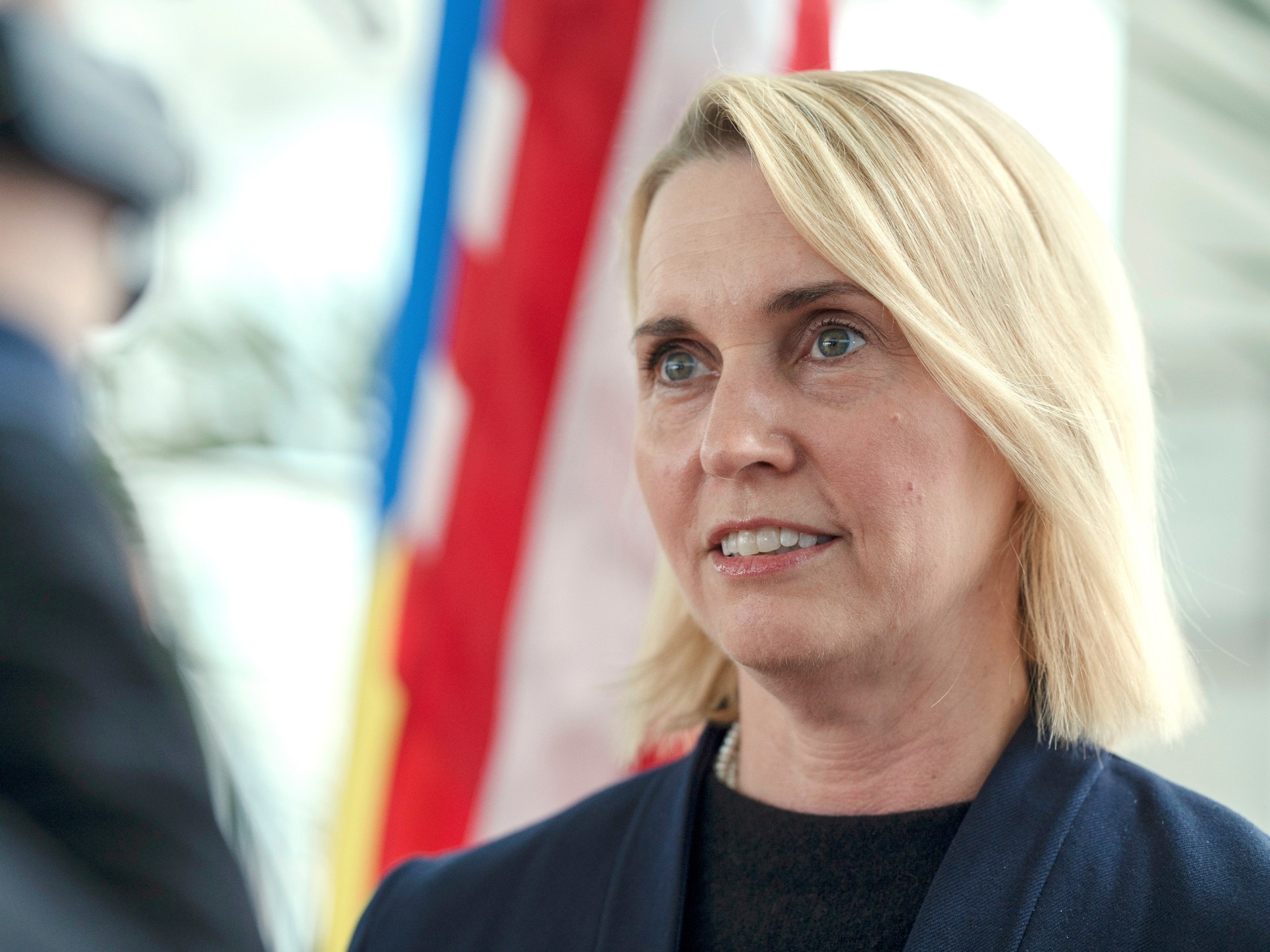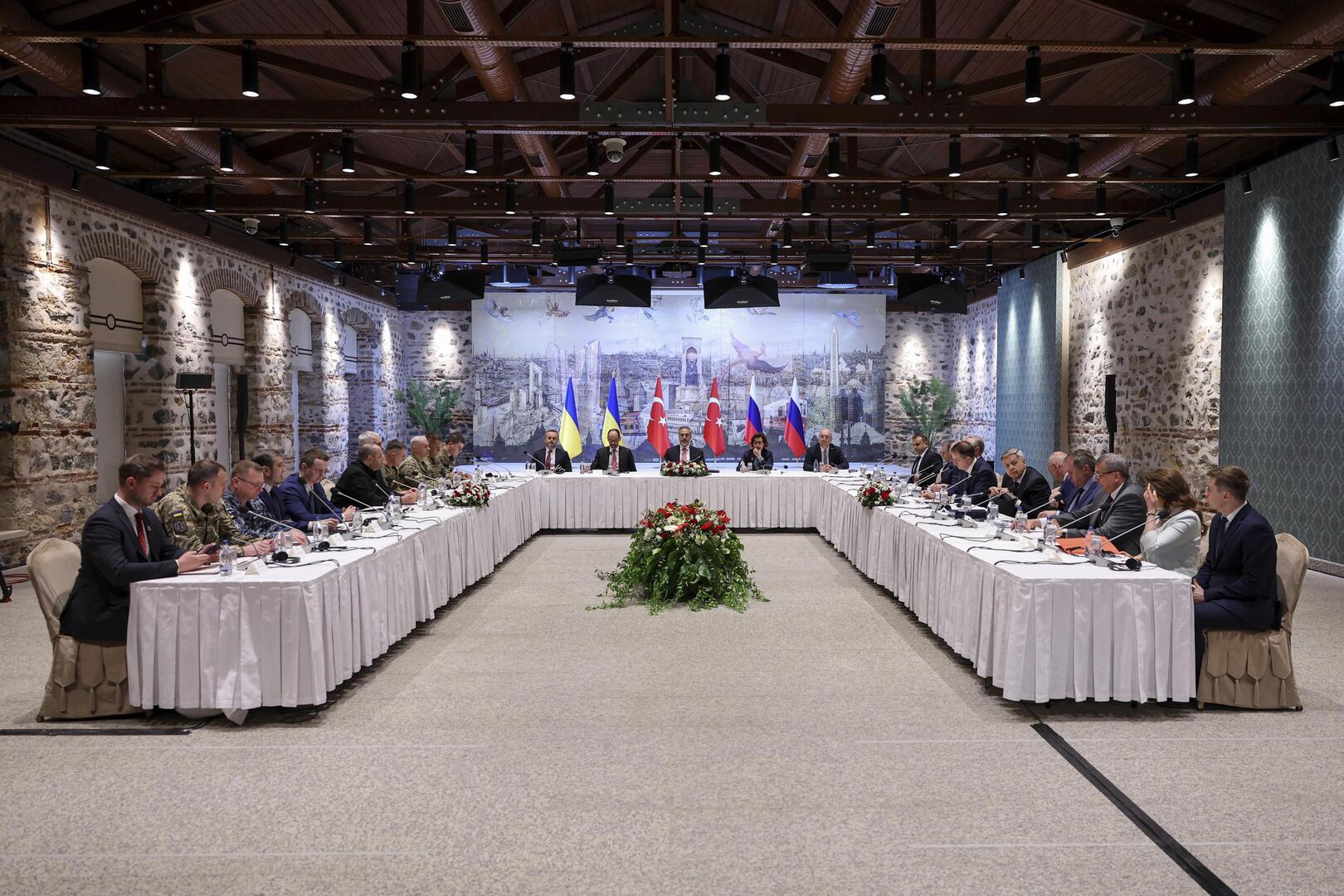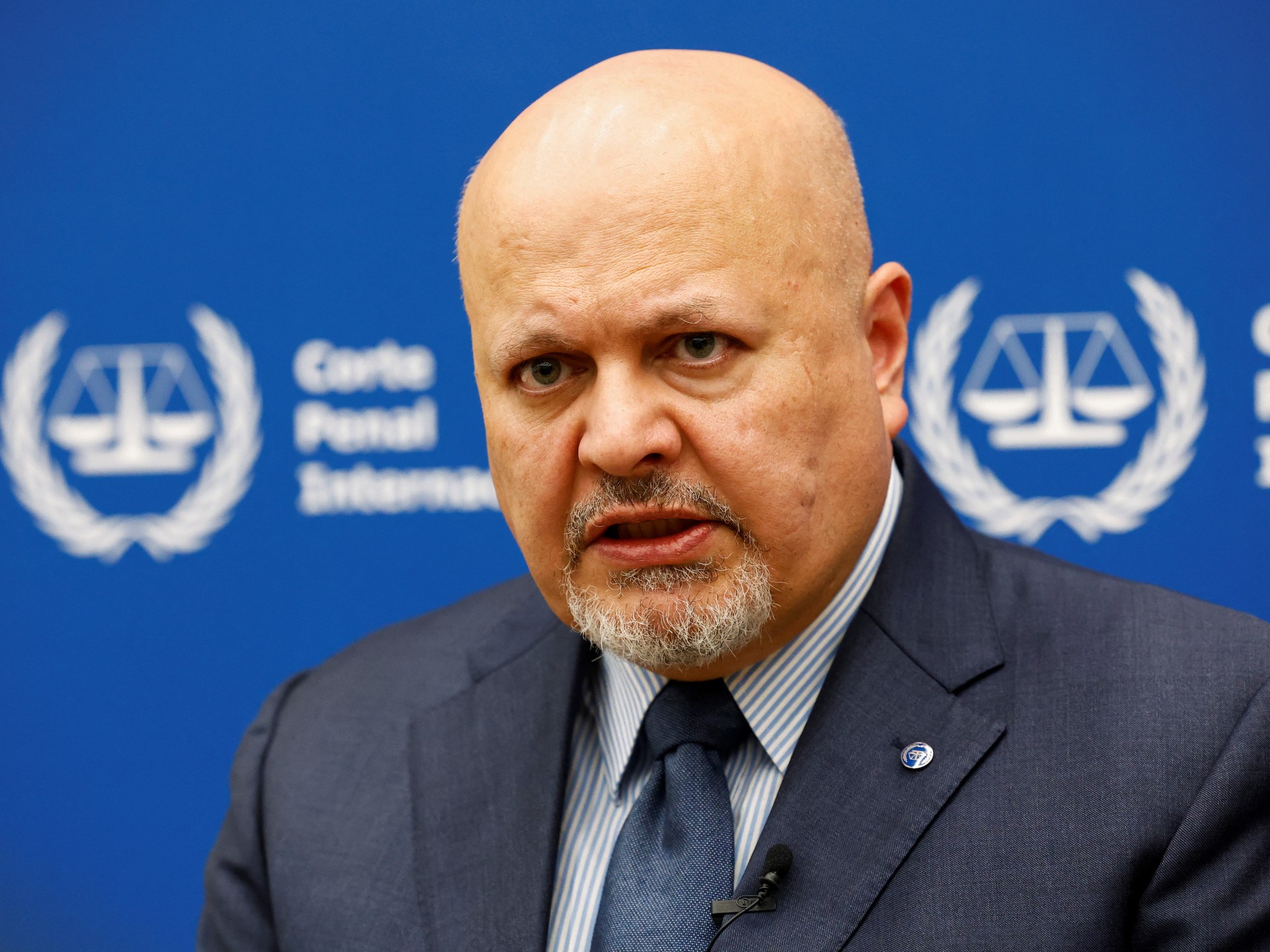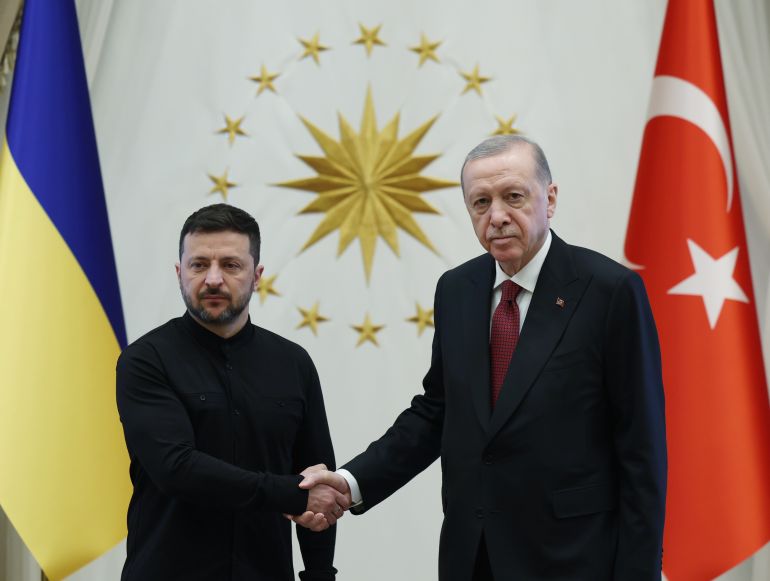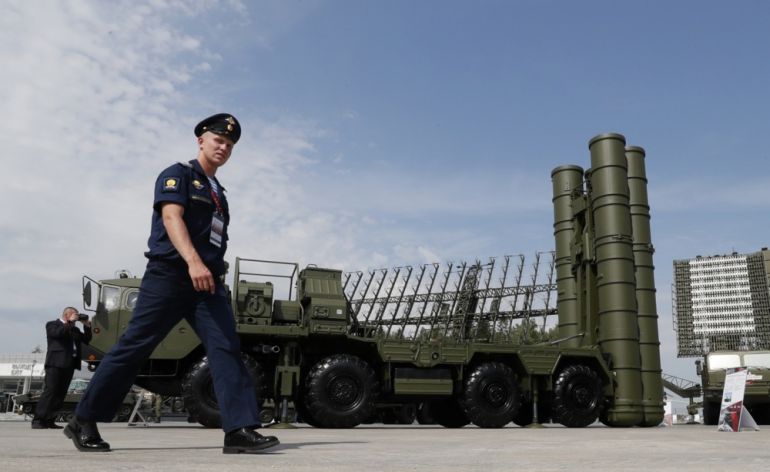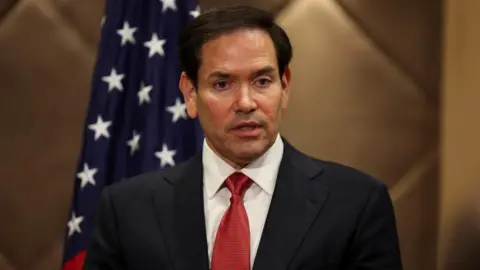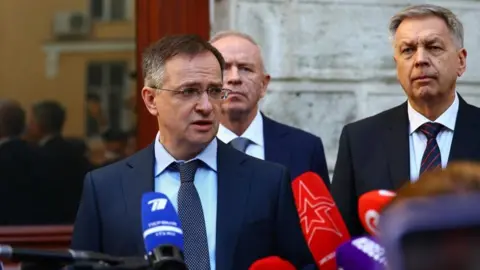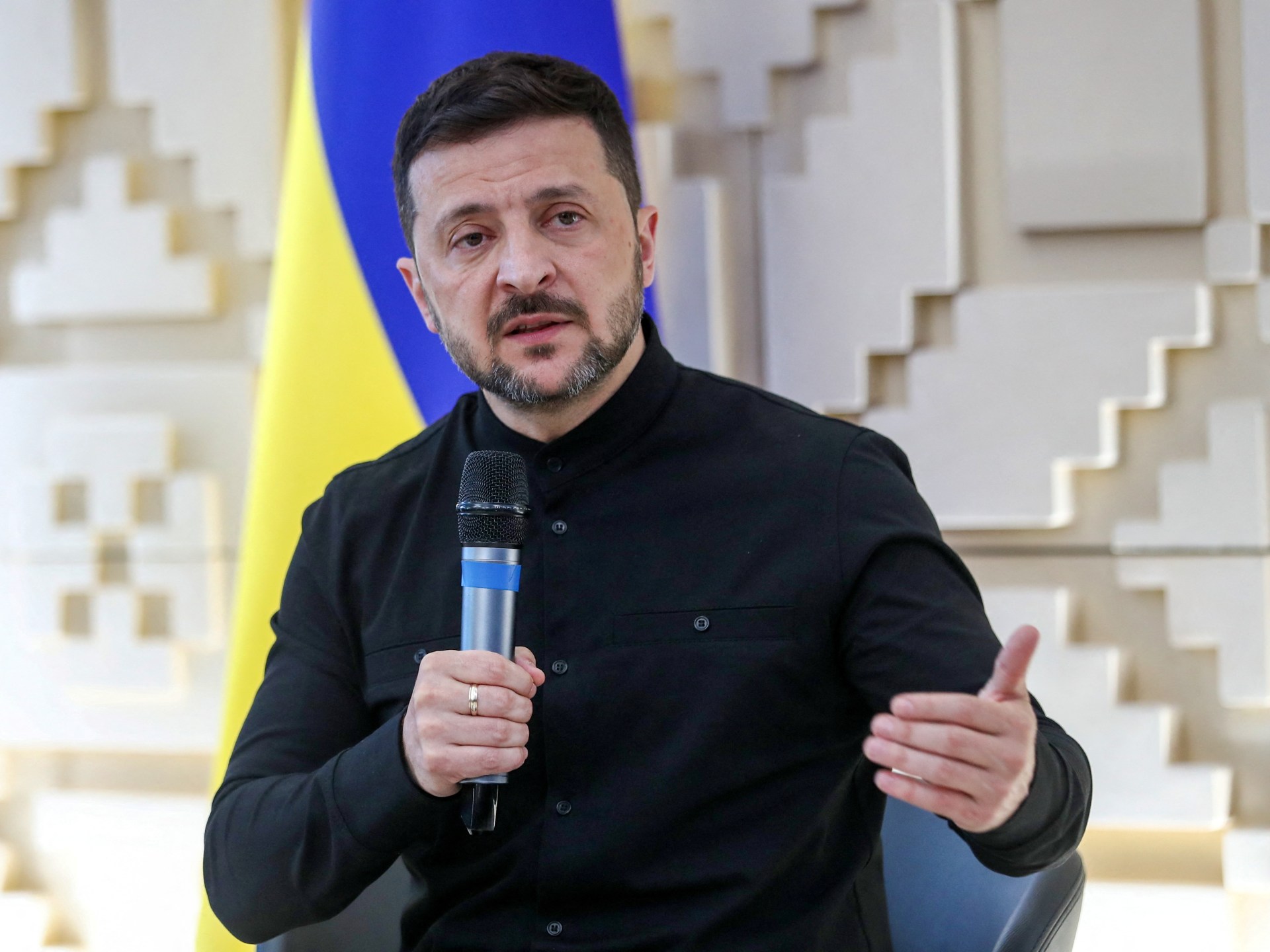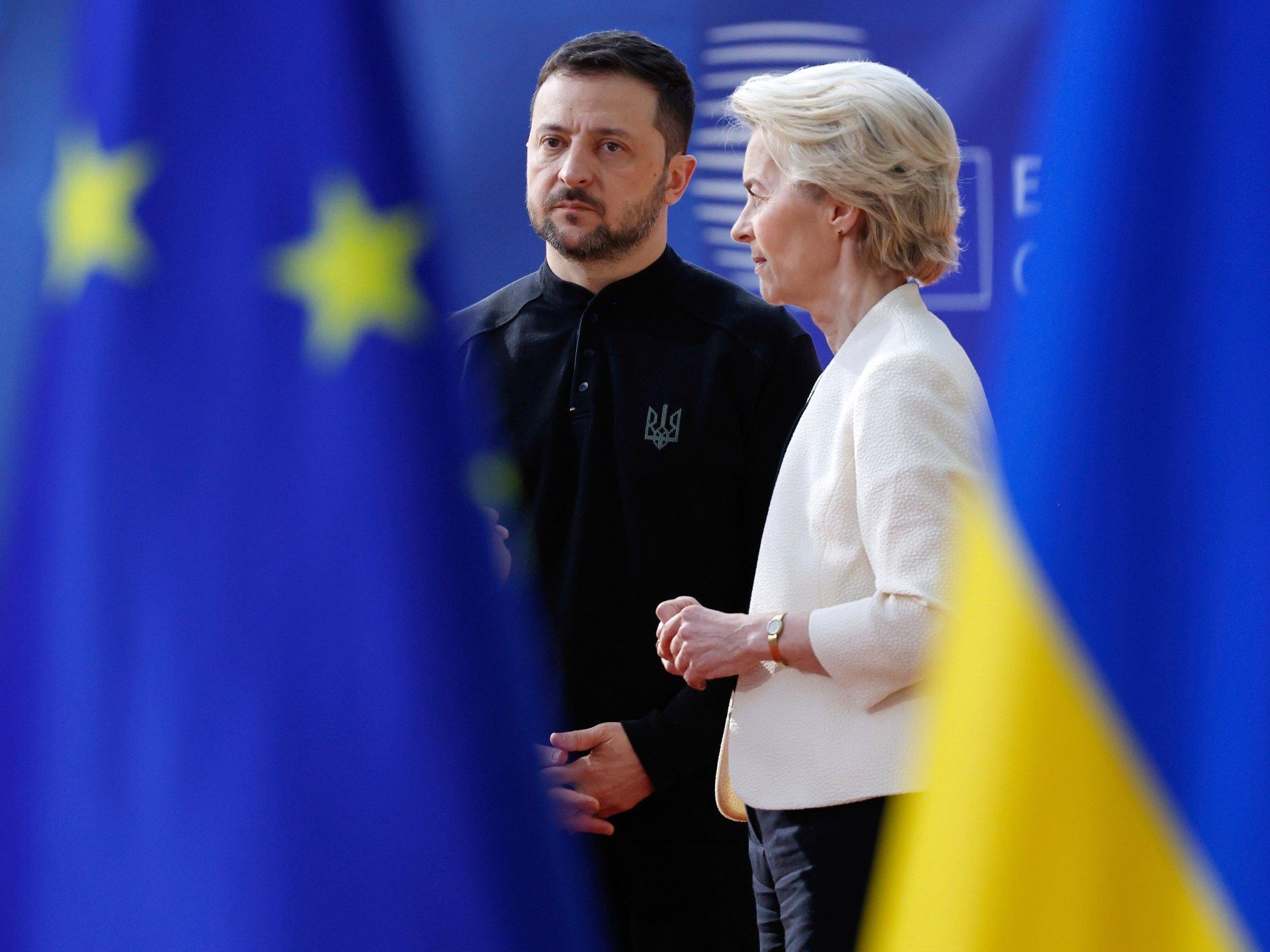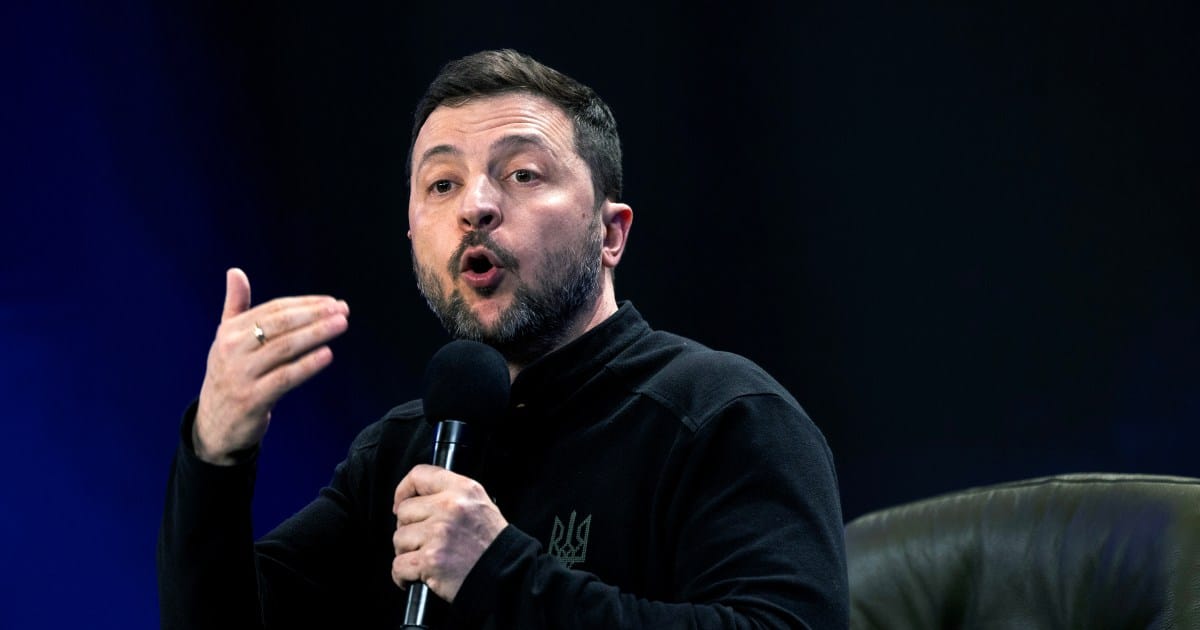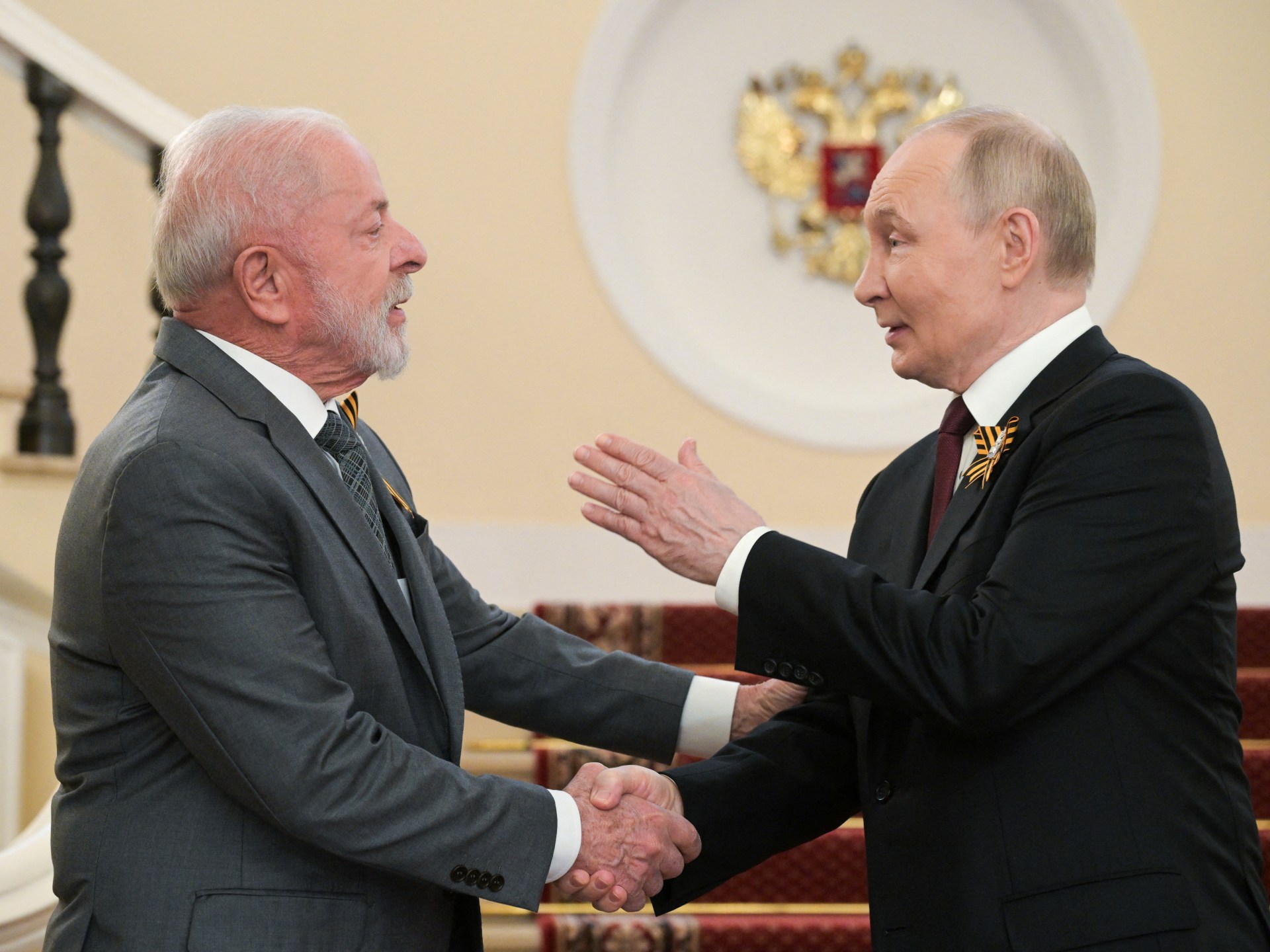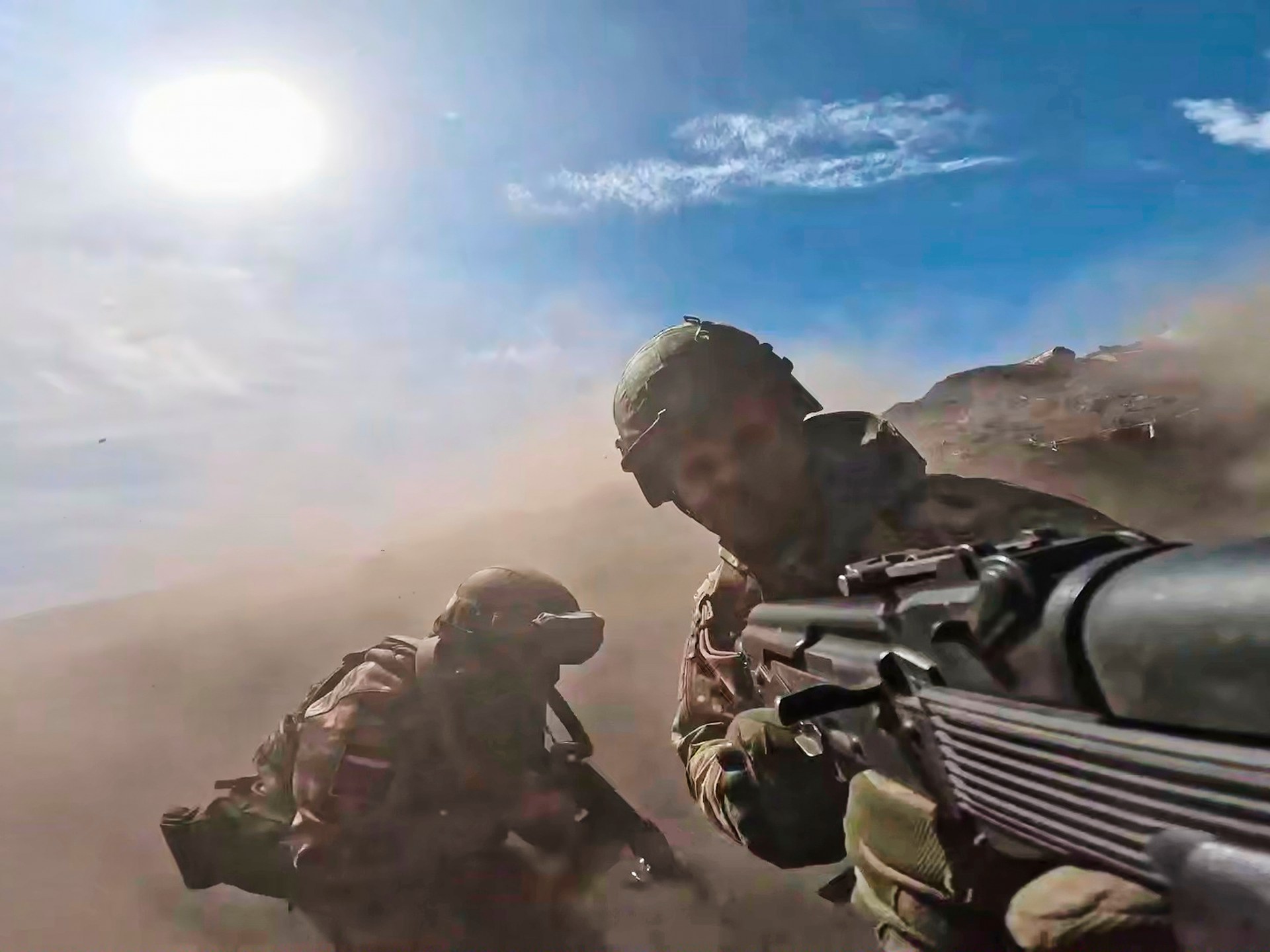‘I cannot stand by’: Former ambassador denounces Ukraine shift under Trump | Donald Trump News
A recent United States ambassador to Ukraine has published an opinion column explaining her decision to resign her post, and criticising President Donald Trump for siding with Russia over Ukraine.
On Friday, former diplomat Bridget Brink published an article in the Detroit Free Press, a newspaper in her home state of Michigan, expressing concern about current US foreign policy.
The US has long been an ally of Ukraine, and since 2014, it has provided the war-torn country with military assistance, as it fends off Russia’s attempts at invasion and annexation.
But Brink wrote that there has been a shift since President Trump returned to office for a second term in January.
“I respect the president’s right and responsibility to determine U.S. foreign policy,” she wrote.
“Unfortunately, the policy since the beginning of the Trump administration has been to put pressure on the victim, Ukraine, rather than on the aggressor, Russia.”
Brink pointed out that her time at the US Department of State included roles under five presidents, both Democrat and Republican. But she said the shift under the Trump administration forced her to abandon her ambassadorship to Ukraine, a position she held from 2022 until last month.
“I cannot stand by while a country is invaded, a democracy bombarded, and children killed with impunity,” she said of the situation in Ukraine.
“I believe that the only way to secure U.S. interests is to stand up for democracies and to stand against autocrats. Peace at any price is not peace at all ― it is appeasement.”
Brink’s position as ambassador has spanned much of the current conflict in Ukraine. After annexing Crimea and occupying other Ukrainian territories starting in 2014, Russia launched a full-scale invasion of the country in February 2022. Brink assumed her post that May.
But the slow-grinding war in Ukraine has cost thousands of lives and displaced many more. While campaigning for re-election in 2024, Trump blamed the war’s eruption on the “weak” foreign policy of his predecessor, Democrat Joe Biden.
He also pledged to end the war on his first day back in office, if re-elected. “I’ll have that done in 24 hours. I’ll have it done,” Trump told one CNN town hall in 2023.
Since taking office, however, Trump has walked back those comments, calling them an “exaggeration” in an interview with Time Magazine.
Still, his administration has pushed Ukraine and Russia to engage in peace talks, as part of an effort to end the war. How those negotiations have unfolded under Trump, however, has been the source of scrutiny and debate.
Ukraine and its European allies have accused Trump of sidelining their interests in favour of his one-on-one negotiations with Russian President Vladimir Putin. They also have criticised Trump and his officials for seeming to offer Russia concessions even before the negotiations officially began.
On February 12, for instance, his Defense Secretary Pete Hegseth told an international defence group in Brussels that Ukraine may never regain some of its occupied territory.
“We must start by recognising that returning to Ukraine’s pre-2014 borders is an unrealistic objective,” he said, adding that membership in the NATO military alliance was also unlikely. “Chasing this illusionary goal will only prolong the war and cause more suffering.”
Trump has gone so far as to blame Ukraine’s NATO ambitions as the cause of the war, something critics blast as a Kremlin talking point.
Amid the negotiations, the relationship between Trump and Ukrainian President Volodymyr Zelenskyy has grown increasingly testy. Already, during his first term, Trump faced impeachment proceedings over an alleged attempt to pressure Zelenskyy by withholding military aid.
During his second term, though, Trump upped the ante, calling the Ukrainian president a “dictator” for not holding elections, something prohibited under Ukraine’s wartime laws.
One public display of frustration came in the White House on February 28, when Trump shouted at Zelenskyy, calling him “disrespectful” during a gathering with journalists.
The US president also used the appearance to defend his warm relationship with Russia’s president. “ Putin went through a hell of a lot with me,” Trump told Zelenskyy.
The shouting match led to a brief suspension of US aid and intelligence sharing with Ukraine.
In the months since, their two countries have agreed to a deal that would establish a joint investment fund that would allow Washington access to Ukraine’s mineral resources — a long-desired Trump goal.
The US president has voiced concern about the amount of money invested in Ukraine’s security, with Congress appropriating more than $174bn since the war began in 2022. He has also argued that a US mining presence would help deter foreign attacks in Ukraine.
But peace between Russia and Ukraine has remained elusive. Talks between the two warring parties on Friday ended after less than two hours, though they did agree to an exchange of 1,000 prisoners each.
In her op-ed column, Brink was clear that she held Russia responsible for the ongoing aggression.
“Since Russia launched its full-scale invasion of Ukraine on Feb. 24, 2022, it has done what can only be described as pure evil: killed thousands of civilians, including 700 children, with missiles and drones that hit their homes and apartments in the dead of night,” she wrote.
She added that Europe has not experienced “violence so systematic, so widespread and so horrifying in Europe since World War II”.
Brink warned that, if the US did not stand up to Russia, a domino effect could occur, paving the way for military assaults on other countries.
“If we allow Putin to redraw borders by force, he won’t stop with Ukraine,” she wrote. “Taken at his word, Putin’s ambition is to resurrect an imperial past ― and he can’t do that without threatening the security of our NATO allies.”
